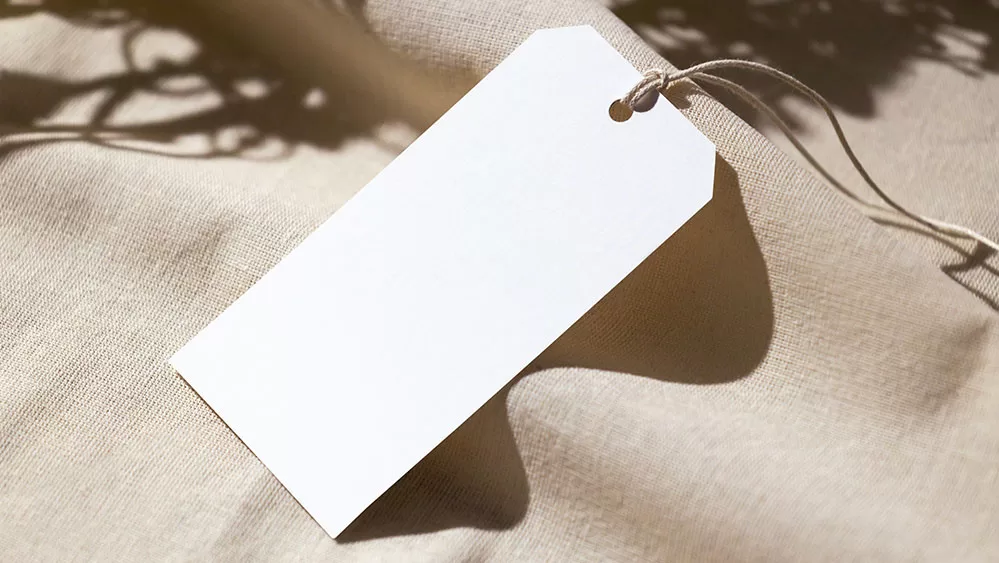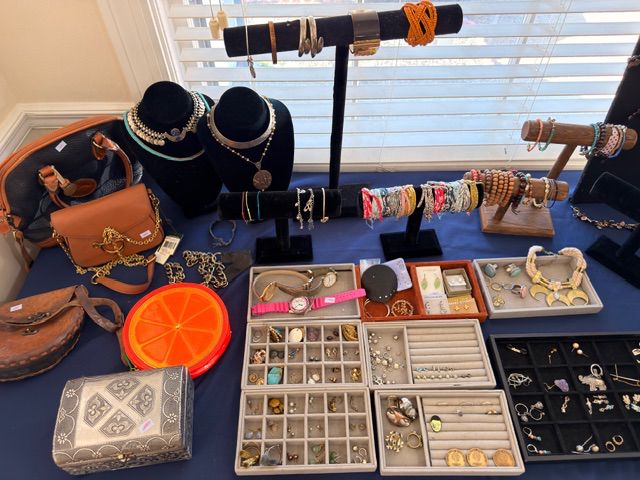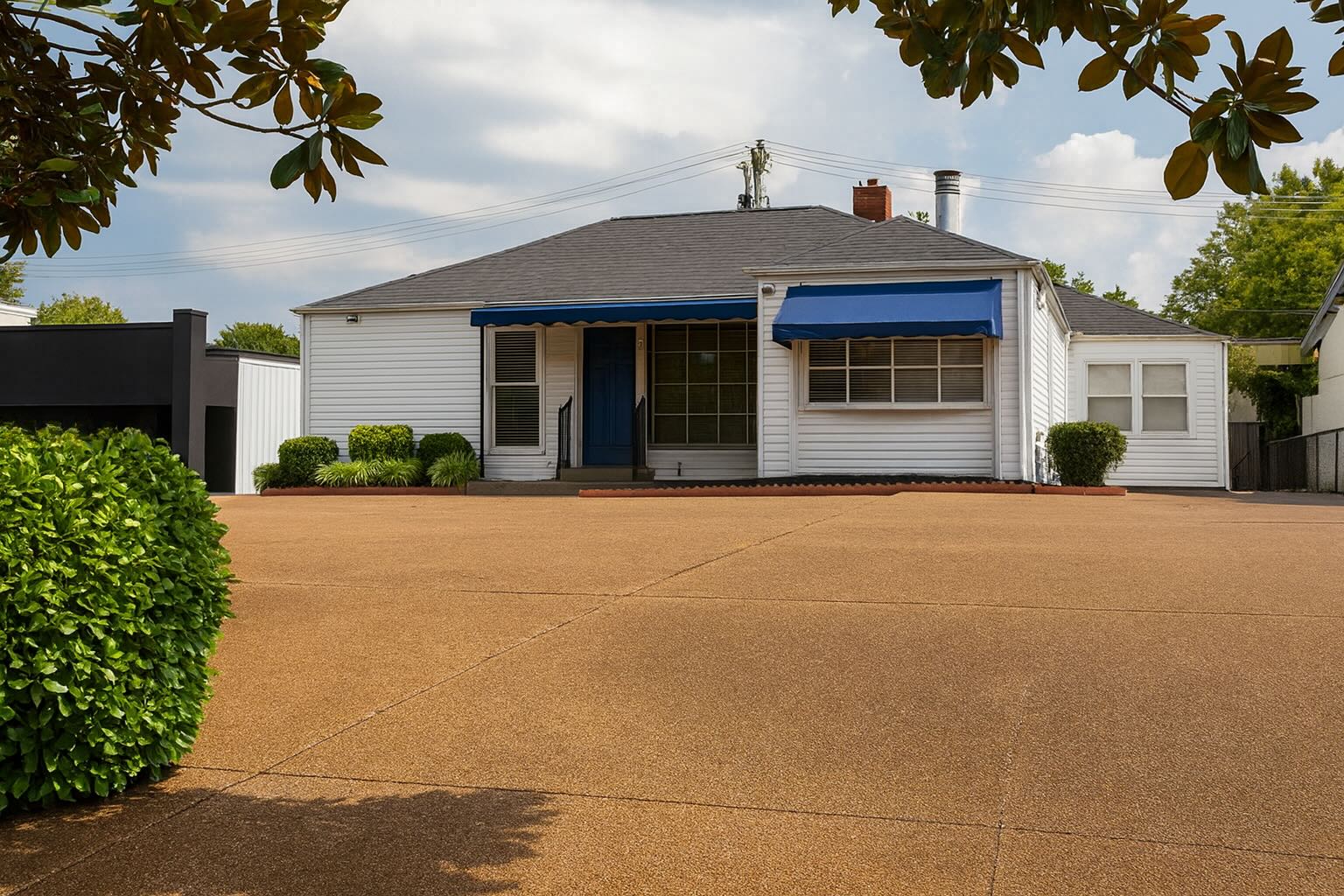When it comes to estate sales, it’s important to know the value of the items you are selling in order to maximize profits and ensure a successful sale. Whether you are downsizing, settling an estate, or simply looking to clear out your home, properly pricing items for an estate sale can be a challenge. However, with a little research and careful consideration, you can accurately value your items and get the mos money for them in your estate sale.
Pricing items for an estate sale
Determining the value of your items for an estate sale is important for a number of reasons. Firstly, you want to be sure you are pricing your items competitively in the market. Overpricing your items can result in a longer and less successful sale, while underpricing can cost you valuable profits. Additionally, accurately valuing your items can help you avoid tax implications by ensuring you are reporting the sale of your items at their fair market value.
There are several factors that affect the value of items in an estate sale, including the condition of the items, the demand for the items, and the current market trends. In this article, we will explore each of these factors in detail and provide you with the information you need to accurately value your items for an estate sale.
Research the market
The first step in determining the value of your items is to research the market. This can be done by researching comparable items and their prices online. Sites like eBay, Craigslist, and online classified ads are great places to start, as they provide information on what similar items are selling for in your area. Additionally, you can consult with appraisers or estate sale companies who have experience and knowledge of the market and what items are likely to sell for a good price.
When researching the market, it’s important to consider a range of factors that can affect the price of your items, including the brand, age, and style of the item. For example, a vintage piece of furniture may be worth significantly more than a newer piece of furniture, even if they are similar in size and style. Consider researching a variety of different sources to get a well-rounded understanding of the value of your items.
Consider the condition of the items
Another important factor to consider when determining the value of your items is their condition. Assess the condition and age of each item and determine if repairs or restoration are necessary. Items that are in good condition and have been well-maintained are generally worth more than items that are damaged or in need of repair.
Additionally, consider any sentimental or historical value the items may have. For example, a vintage piece of jewelry that has been passed down through generations may have more sentimental value than a similar piece of jewelry purchased new. This sentimental value can add to the overall value of the item, even if it is not reflected in the market price.
Take into account the demand for the items
Another important factor to consider when determining the value of your items is the demand for the items. Consider the current market demand for the item, and determine if the item is rare or in high demand. For example, an antique vase that is in high demand may be worth more than a similar vase that is not in demand. Additionally, consider the potential for the item to appreciate in value over time.
Price the items appropriately
Pricing items appropriately is an important factor in determining the value of items for an estate sale. If items are priced too high, they may not sell, and if they are priced too low, you could be missing out on potential profits. Here are some tips for pricing items appropriately:
- Pricing items appropriately is an important factor in determining the value of items for an estate sale. If items are priced too high, they may not sell, and if they are priced too low, you could be missing out on potential profits. Here are some tips for pricing items appropriately:
- Consider market value: Start by researching similar items online to determine the market value for your items. Take note of the average selling price, and use that as a starting point for pricing your items.
- Take condition into account: The condition of an item can greatly impact its value. If an item is in excellent condition, it can be priced higher than an item that is in poor condition. On the other hand, if an item is rare or highly sought after, its value may not be as affected by its condition.
- Determine the sentimental value: Sentimental value can also play a role in pricing items. For example, a family heirloom may have a higher value to the family than to the general market, and may therefore be priced higher.
- Price items competitively: When pricing items, it is important to consider the competition. If similar items are being sold for a lower price, it may be necessary to adjust the price of your items to remain competitive.
- Be flexible: It is important to remember that prices are negotiable, and that the price of an item can be adjusted during the estate sale if necessary. If an item is not selling, it may be necessary to lower the price to increase its appeal to buyers.
By following these tips and doing your research, you can ensure that your items are priced appropriately for an estate sale. Proper pricing can help attract buyers, increase the chances of a successful sale, and maximize profits.
In conclusion, determining the value of items for an estate sale requires careful consideration and research. From evaluating market value and condition, to taking into account sentimental value and pricing items competitively, there are several important factors to consider. By working with an estate sale company, you can have the benefit of their expertise and experience in navigating these processes. Estate Greats, a top estate sale company in Nashville, Tennessee, is well equipped to help you with all your estate sale needs. Whether you’re looking to sell a family heirloom or a collection of valuable items, Estate Greats can help you understand the value of your items and ensure a successful estate sale. So why wait? Contact Estate Greats today to learn how we can help you maximize the potential of your assets.



